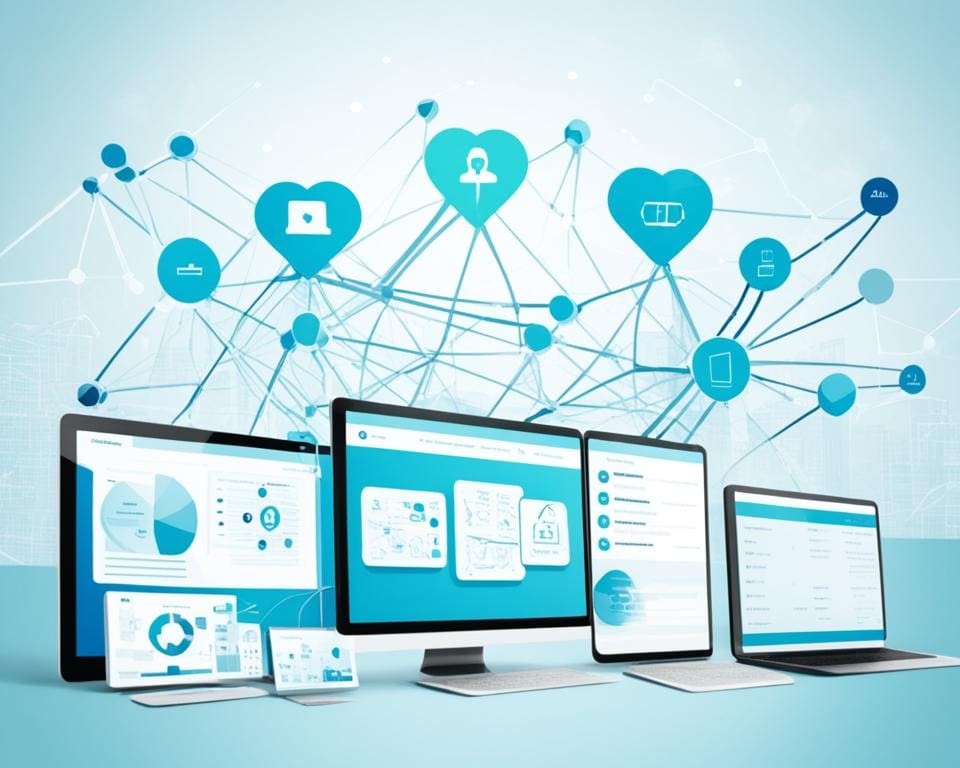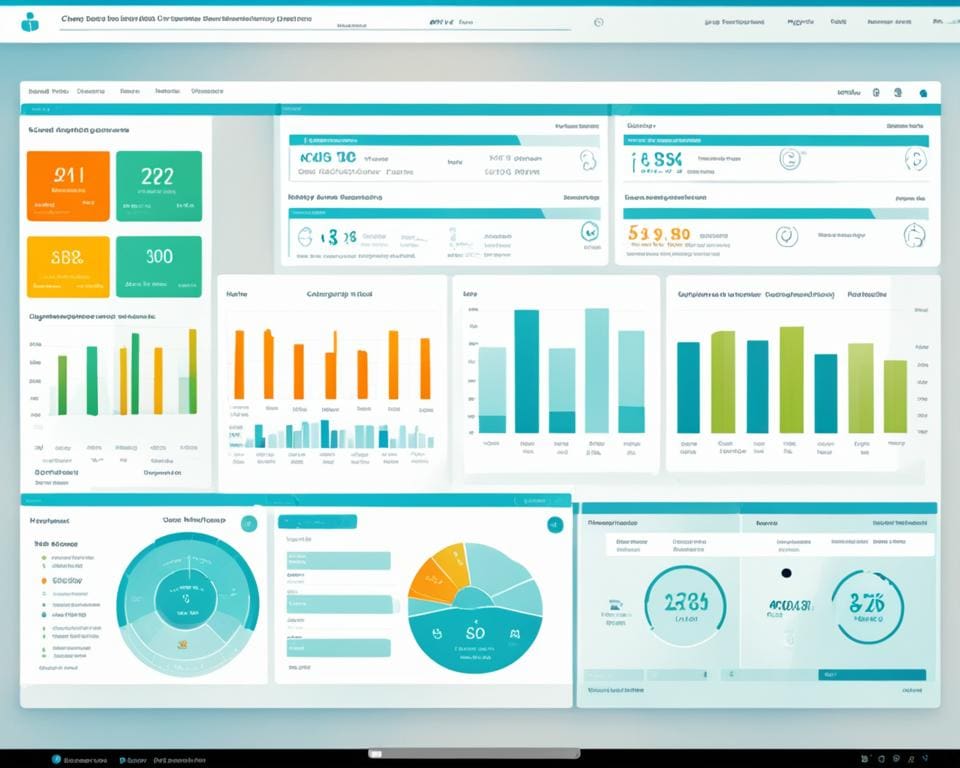Health Information Systems (HIS) have emerged as a pivotal force in the landscape of modern healthcare. By harnessing technology-driven platforms, these systems play an essential role in managing critical healthcare data, ultimately improving outcomes for patients. HIS encompasses a wide array of applications designed to collect, store, manage, and transmit vital health information securely. The effective use of health information systems fosters innovation and enhances clinical decision-making, while also prioritizing patient data security. With the guidance of organizations like the World Health Organization, HIS can significantly minimize medical errors, leading to the timely and efficient care patients deserve. Furthermore, the integration of healthcare analytics within these systems allows providers to analyze patient data seamlessly, contributing to informed strategic planning and sustained improvements in healthcare service delivery.
Overview of Health Information Systems
Health Information Systems play a pivotal role in modern healthcare. These systems meticulously manage health data through innovative technology, ensuring robust communication between healthcare providers and patients. The essence of health information systems lies not only in the efficient documentation of patient histories but also in enhancing overall health outcomes through effective data sharing.
Definition and Importance
At its core, a health information system encompasses the tools and processes involved in collecting, storing, managing, and transmitting health-related data. This intricate framework is essential for optimizing healthcare delivery and fostering informed decision-making among healthcare professionals. With the growing reliance on technology, health information systems underpin critical functions such as patient management, inventory control, and billing processes. Their relevance becomes even more pronounced in an era where data interoperability is paramount, allowing diverse systems to seamlessly communicate and share vital information.
Key Components of Health Information Systems
To understand health information systems fully, one must delve into their fundamental components:
- Electronic Health Records: These digital records gather and organize patient information, enabling timely access and better coordination of care.
- Data Interoperability: The capacity for different health IT systems to exchange data efficiently, ensuring information accuracy and availability across various platforms.
- Telemedicine Integration: This aspect bridges the gap between technology and patient care, facilitating virtual consultations and remote patient monitoring.
- Decision Support Systems: These systems aid healthcare providers by offering evidence-based recommendations, streamlining the decision-making process.

Each component plays a critical role in forming a comprehensive health information ecosystem that not only enhances individual care but also promotes a holistic view of health management across populations.
Health Information Systems: Improving Outcomes
Health Information Systems serve as a vital backbone in the quest for improving outcomes in patient care. Through data interoperability, these systems empower healthcare providers to share essential health data seamlessly, allowing for a comprehensive view of patient health across multiple settings. This connection fosters coordinated care efforts that can lead to increased efficiency and improved patient experiences.
Enhancing Patient Care through Data Interoperability
Data interoperability plays a crucial role in transforming patient care. By enabling diverse healthcare providers to access and share vital patient information, it ensures a holistic approach in treatment. Such collaboration can lead to significantly improved outcomes, as clinicians are equipped with timely and accurate data. The use of predictive analytics in medicine enhances this by identifying potential risks, guiding preventive measures, and optimizing treatment plans.
The Role of Electronic Health Records in Streamlining Data Access
Electronic Health Records (EHR) revolutionize how healthcare professionals access patient information. These systems facilitate instantaneous access to comprehensive health data, which is crucial for making informed clinical decisions. As artificial intelligence in healthcare continues to evolve, EHRs will increasingly incorporate advanced analytics, providing deeper insights into patient populations. This integration leads not only to enhanced patient care but also to more efficient healthcare delivery.
Population Health Management and its Impact on Communities
Population health management stands out as a pivotal strategy that benefits whole communities. By analyzing health data across populations, healthcare providers can identify trends and disparities, leading to targeted health interventions. These strategic initiatives significantly contribute to enhancing community health, thereby driving collective improvements in outcomes. The synergy between data-driven insights and practical applications results in a healthier society.
The Future of Health Information Systems in Healthcare
The future of health information systems (HIS) stands on the brink of remarkable transformation, fueled by technological advancements that promise to revolutionize patient care. Artificial intelligence in healthcare is expected to play a pivotal role, enhancing the ability of health information systems to analyze vast amounts of patient data. This will enable healthcare providers to engage in predictive modeling, ultimately leading to more informed decision-making and improved patient outcomes.
Moreover, as the demand for efficient healthcare solutions grows, telemedicine integration into health information systems will likely become more pervasive. By bridging gaps in care delivery, especially in underserved areas, telemedicine can ensure that every patient receives necessary attention, regardless of location. This integration will not only enhance access to care but will also promote a more compassionate healthcare environment, focused on the patient’s unique needs.
As these technologies evolve, a keen emphasis on patient data security will remain crucial. Ensuring compliance with regulatory standards will foster trust in technology-driven solutions. The seamless interoperability of different health technologies will become a cornerstone in shaping the future of health information systems, leading to a collaborative healthcare landscape where better patient outcomes are achievable through effective information sharing and care coordination.









